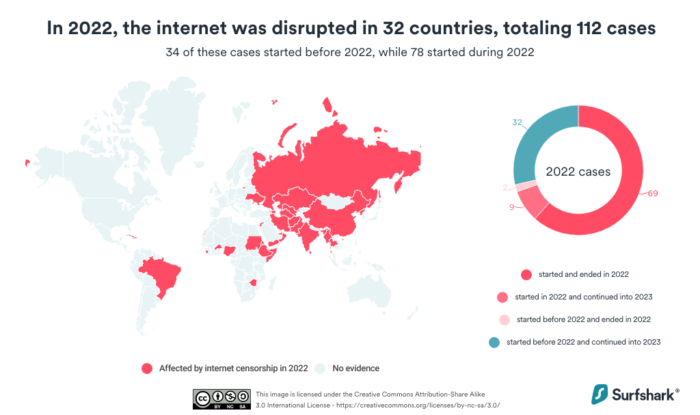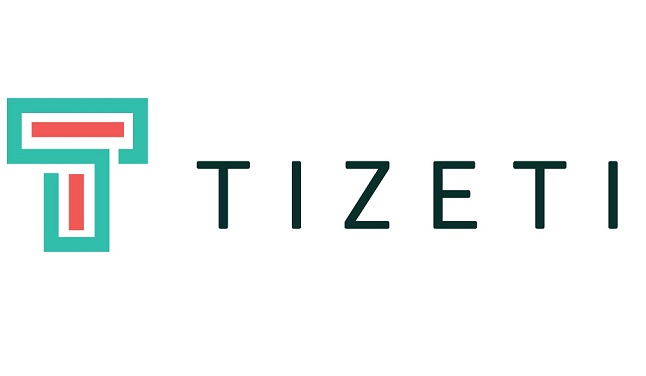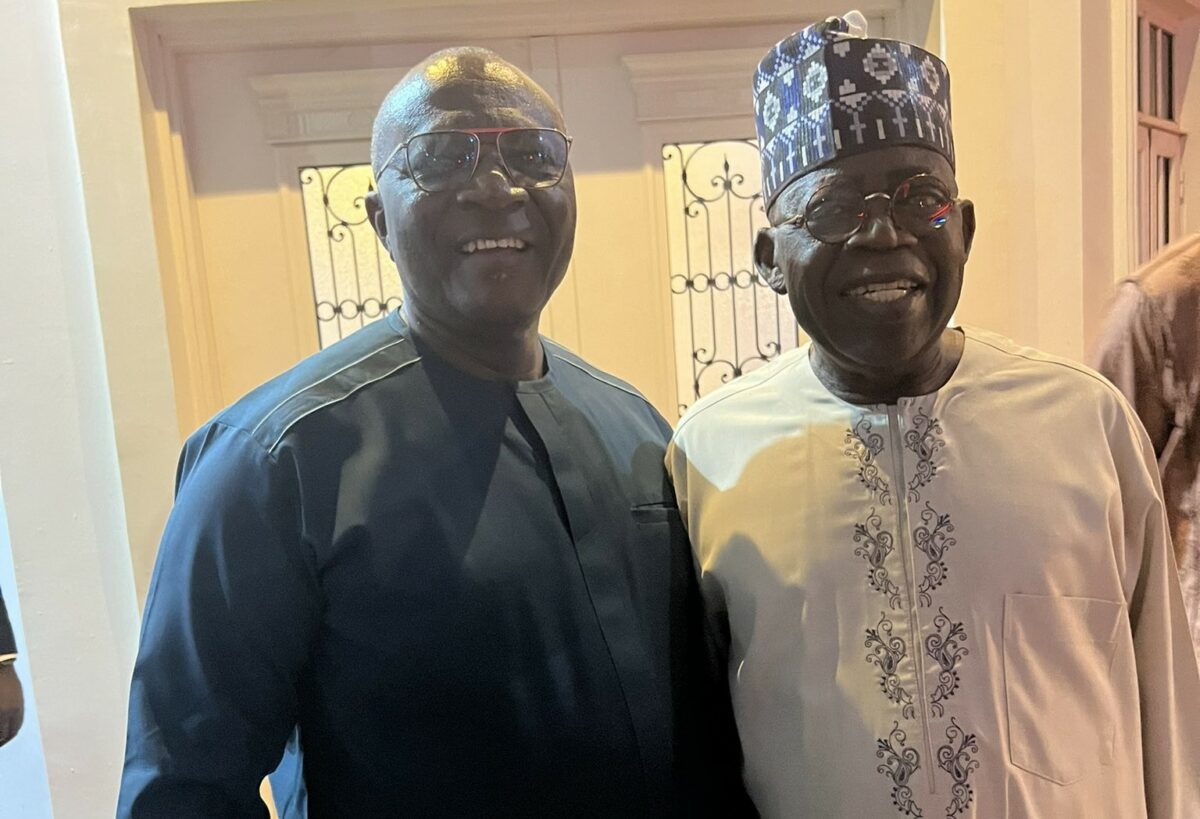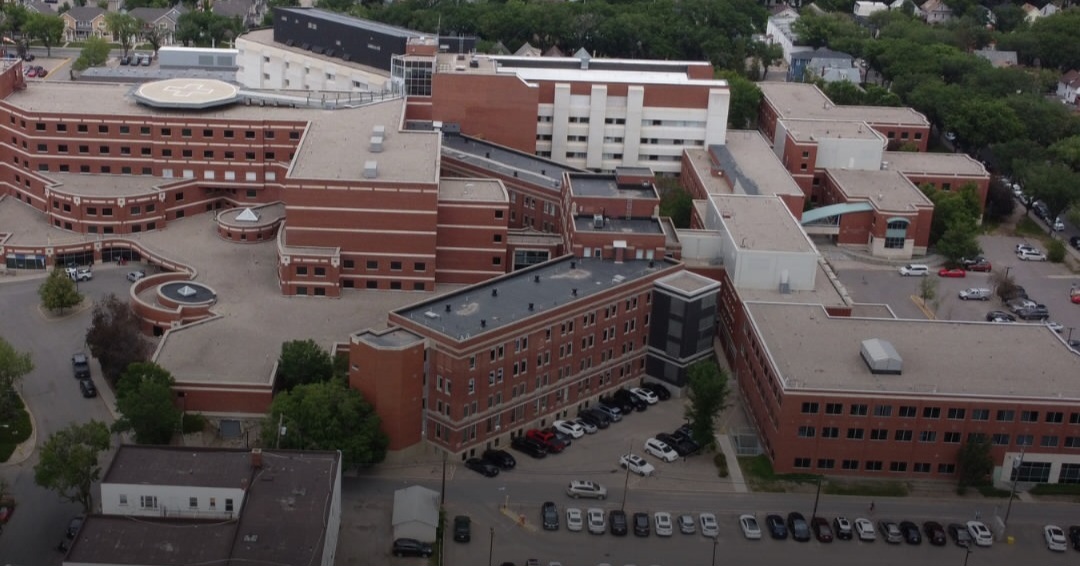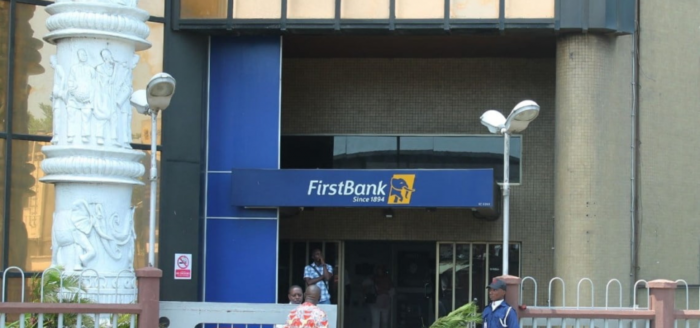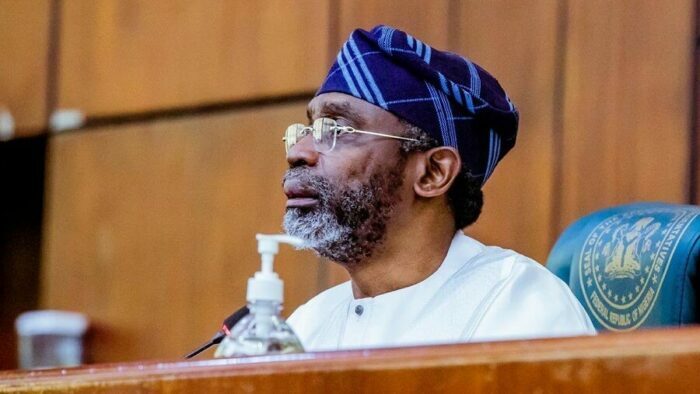Freedom of speech is a globally recognised right, and attempts by anyone or group to deny another the full benefits of this right is criminal.
With the growing popularity of the internet and social media as tools for communication, oppressive governments openly and unapologetically issue blanket censorship to quieten their people.
In 2022 alone, African leaders denied about 300 million people access to internet. This is according to a study by Surfshark, a privacy protection toolset.
According to the study, 32 countries experienced 112 cases of internet disruptions. Five African countries contributed to 13 of these cases with Sudan, Burkina Faso, Sierra Leone and Zimbabwe leading on the continent.
Africans ranked second, with Asians experiencing the worst cases of internet disruptions in the year. Globally, around 4.2 billion people were affected.
On January 19, 2022, Burkina Faso authorities admitted to restricting Facebook access, citing security concerns. The restrictions started on January 11, 2022.
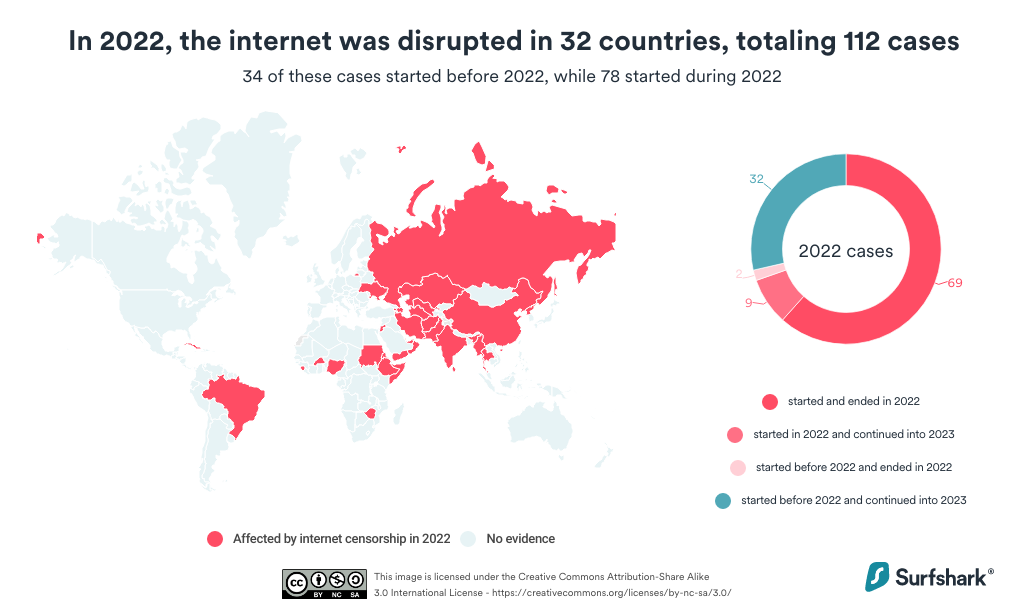
Following the September 19, 2022 death of Mahsa Amini at the hands of Iran’s morality police, Iranians protested in the Kurdistan province and the rest of the country.
The outcry resulted in a near-total disruption to internet services and mass-scale disruptions to mobile networks. Instagram and WhatsApp are still nationally restricted.
READ MORE: To Suppress Citizens, More African Leaders Are Tampering With the Internet
In February 2022, The Russian government restricted access to Twitter, and then Facebook. It restricted access to Instagram in March, and continues to deny its citizens access to international news channels.
LONGEST-RUNNING DISRUPTIONS
- February 2009 – VoIP as a service was banned in Oman. In 2020, and in light of the pandemic, certain VoIP services were subsequently permitted; however, WhatsApp calling remains blocked.
- May 2009 – Iranian government blocked Facebook access. Opposition parties accused President Mahmoud Ahmadinejad of trying to curb support for rivals before elections.
- June 2009 – Iran’s leading mobile phone network was cut in the capital of Tehran. Additionally, Facebook and YouTube were also restricted.
- July 2009 – Twitter, Facebook, and YouTube were banned in 2009 and are still prohibited in China to this day.
- December 2009 – YouTube was blocked in Turkmenistan by its only ISP, and the ban has been in place ever since.
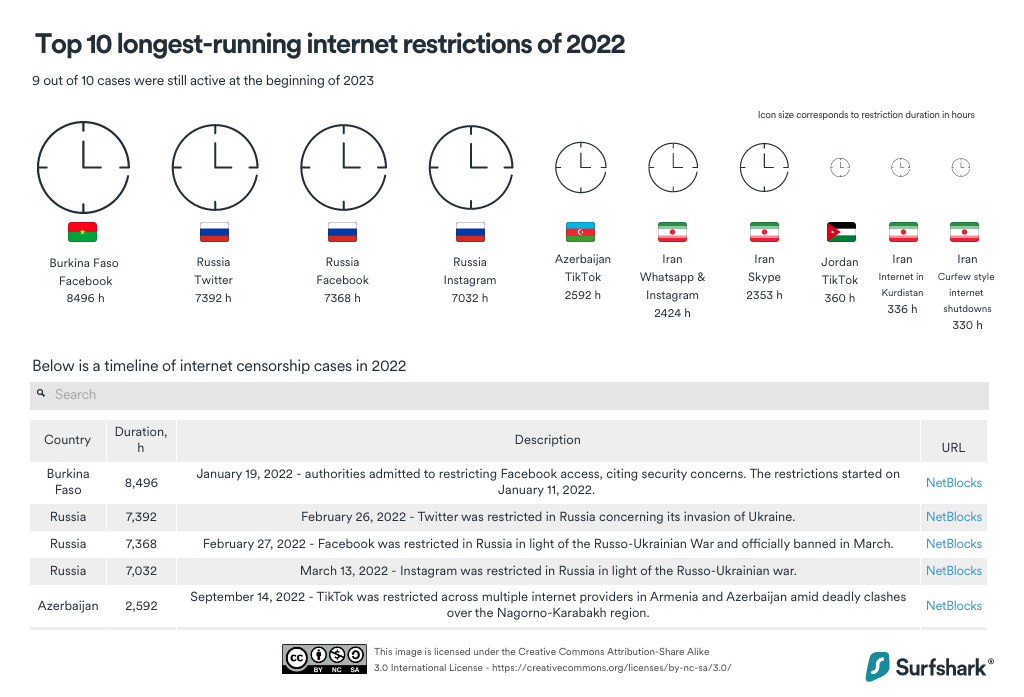
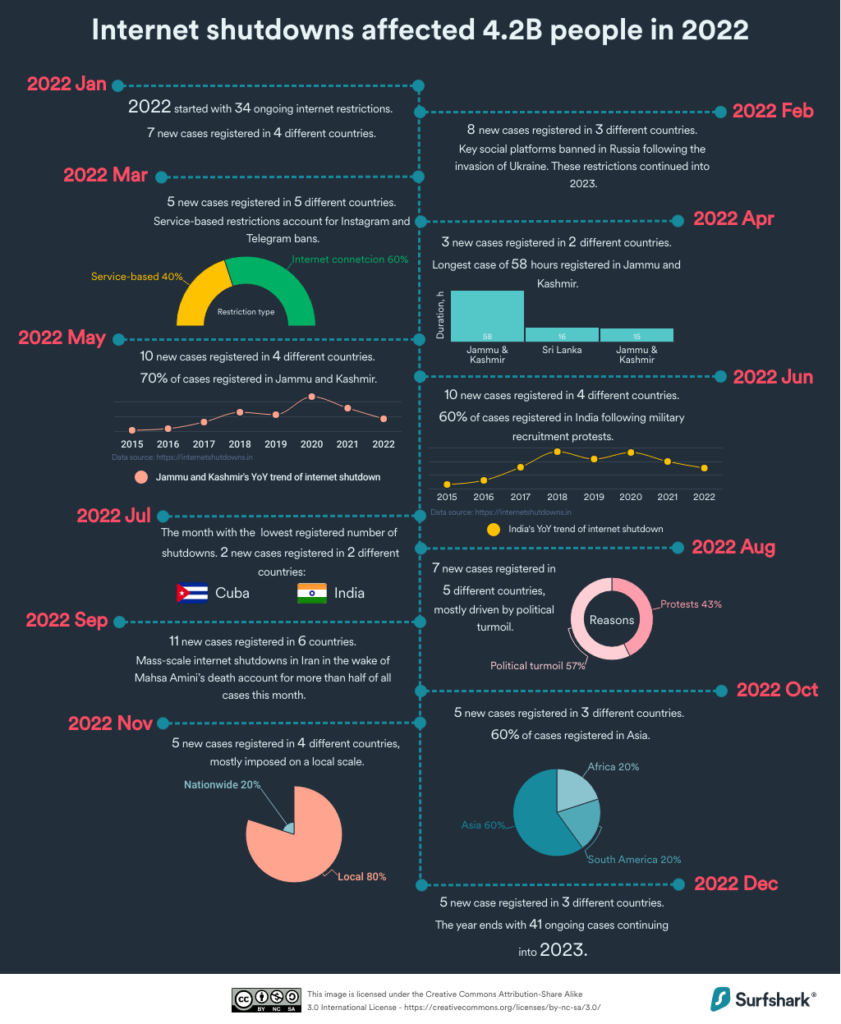
With some of these restrictions going unchecked into 2023, more Africans may be exposed to further gagging and oppression by their governments if they disagree with policies and speak about it.
The Nigerian government on June 5, 2021 effected a ban on the use of Twitter in the country. This ban only ended on January 13, 2022.
Subscribe
Be the first to receive special investigative reports and features in your inbox.


